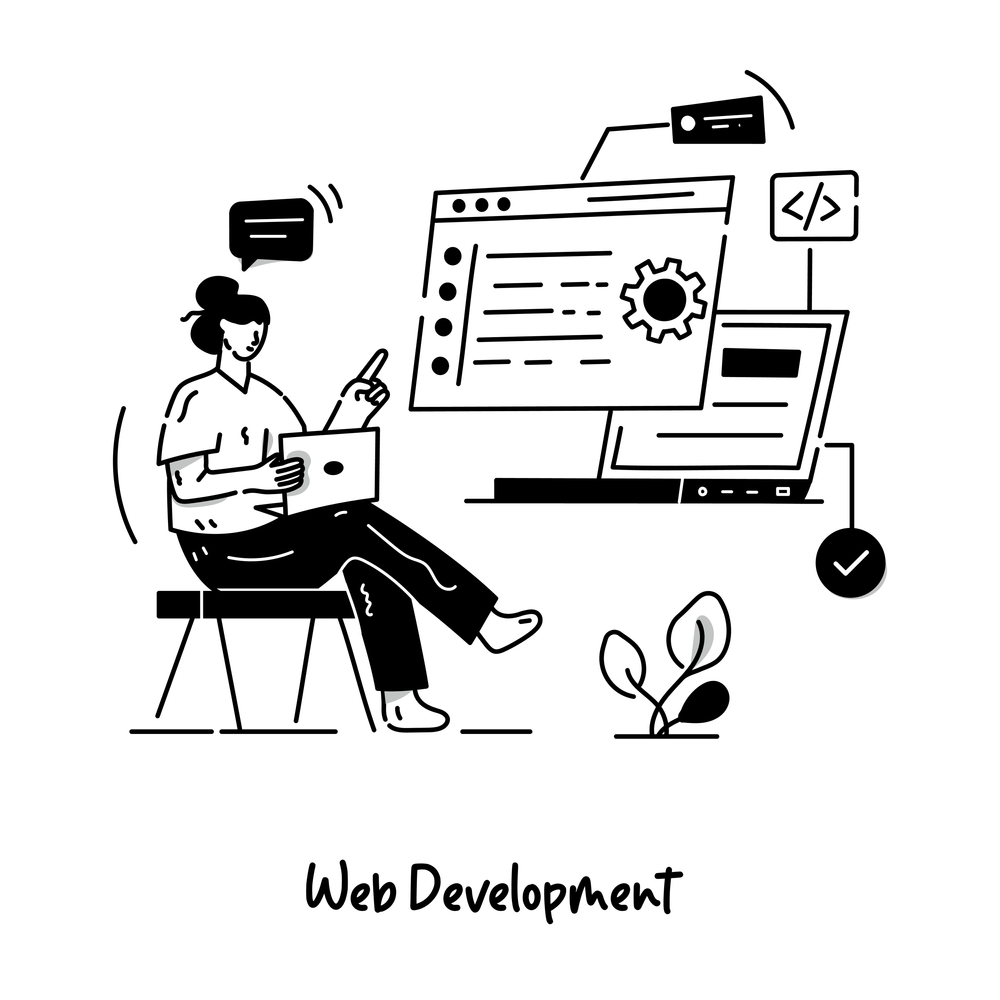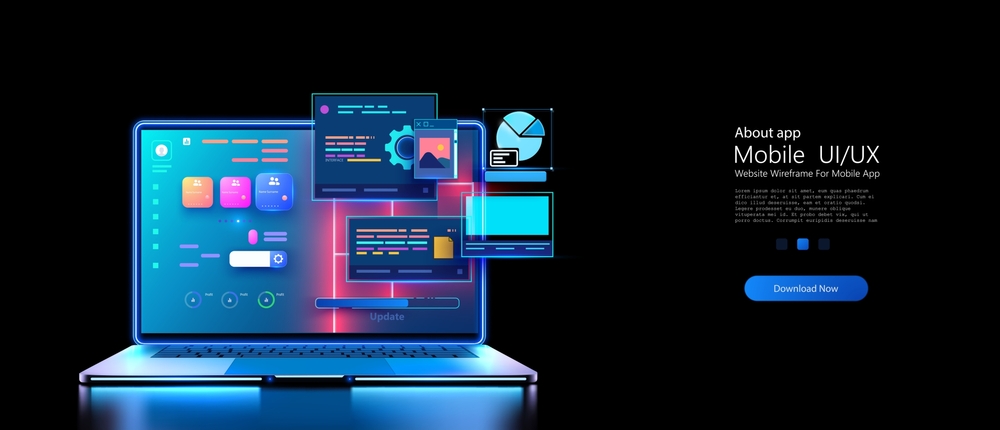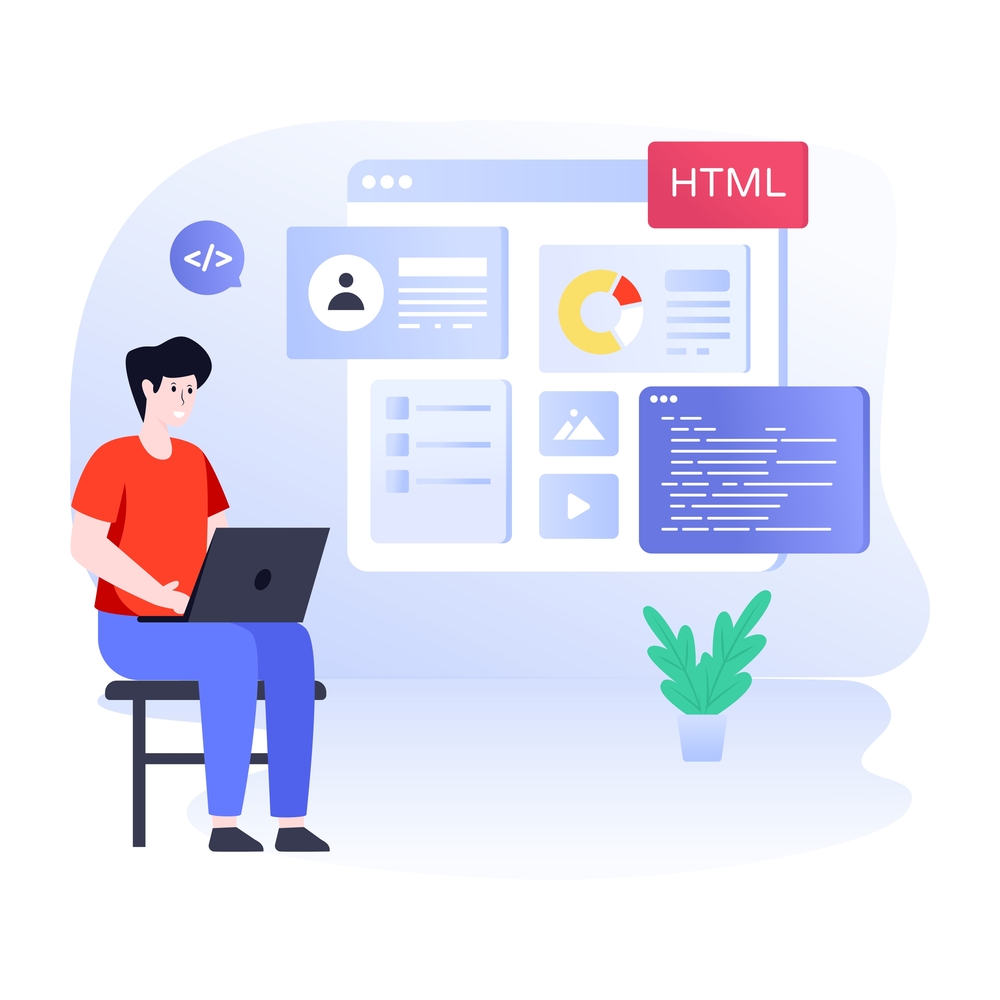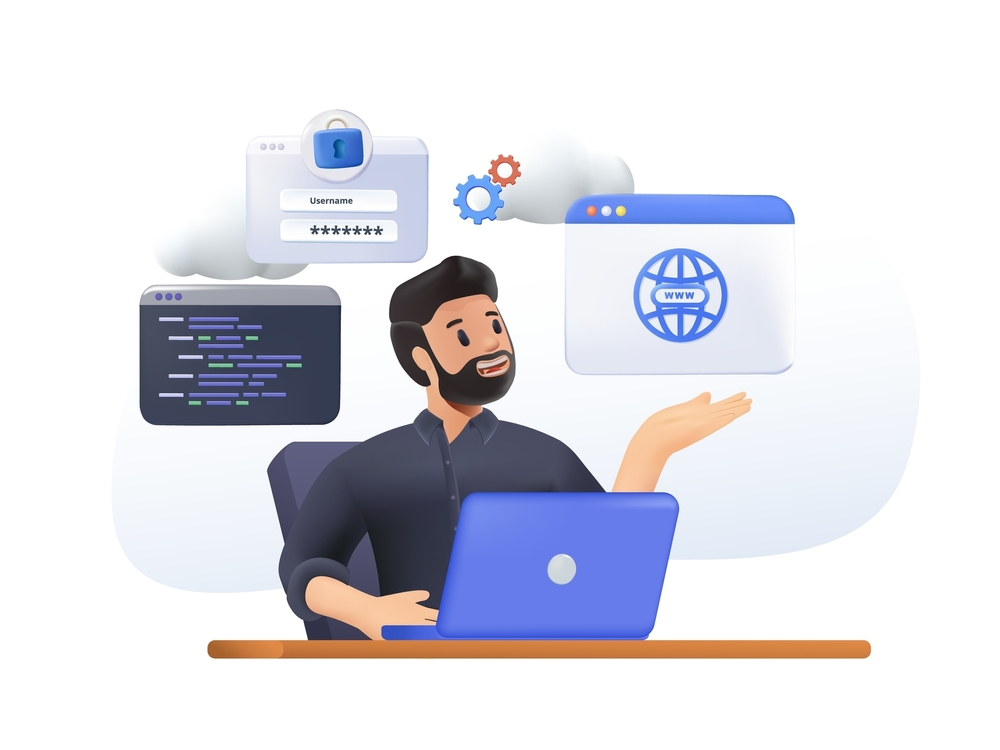Website Developer for Small Business: Your Key to Online Success
Introduction to Small Business Website Development
In today’s digital age, having a well-designed website is crucial for the success of any small business. A website developer for small business can help you create a professional online presence that attracts customers, builds credibility, and drives sales. In this article, we will explore why a specialized website developer is essential for small businesses and the key features to look for in a small business website.
Why You Need a Specialized Website Developer for Small Business
Understanding Small Business Needs
A website developer who specializes in small businesses understands the unique challenges and opportunities that come with operating on a smaller scale. They can provide tailored solutions that address the specific needs of small business owners, such as budget constraints, local SEO, and user-friendly design.
Cost-Effective Solutions
Small businesses often have limited budgets for website development. A specialized website developer can offer cost-effective solutions that maximize value while staying within your budget. They can recommend affordable tools and platforms that deliver professional results without breaking the bank.
Key Features of a Small Business Website
Responsive Design
In an era where mobile devices account for a significant portion of web traffic, having a responsive design is essential. A responsive website adapts to different screen sizes, ensuring that your site looks great and functions well on smartphones, tablets, and desktops. A website developer for small business will ensure your site is fully responsive, providing an optimal user experience across all devices.
Easy Navigation
A well-designed website should be easy to navigate, allowing visitors to find information quickly and effortlessly. Clear menus, intuitive layouts, and user-friendly interfaces are critical for enhancing the user experience. A professional website developer will create a site structure that guides users seamlessly through your content and encourages them to take action.
Local SEO Optimization
For small businesses, local SEO is crucial for attracting nearby customers. A specialized website developer will implement SEO best practices to improve your site’s visibility in local search results. This includes optimizing your site for relevant keywords, creating location-specific content, and ensuring your business is listed on Google My Business.
The Benefits of Hiring a Website Developer for Small Business
Professional Design and Branding
A professionally designed website enhances your brand’s image and credibility. A website developer for small business will work with you to create a site that reflects your brand’s identity, from color schemes and typography to logos and imagery. This professional touch can make a significant difference in how potential customers perceive your business.
Enhanced User Experience
User experience (UX) is a critical factor in retaining visitors and encouraging them to convert. A website developer will ensure that your site is easy to navigate, loads quickly, and provides valuable content. A positive user experience leads to higher engagement, increased time on site, and better chances of converting visitors into customers.

Ongoing Support and Maintenance
Maintaining a website requires regular updates and support. A professional website developer offers ongoing maintenance services to keep your site up-to-date, secure, and running smoothly. This support can include updating content, fixing technical issues, and implementing new features as your business grows.
Choosing the Right Website Developer for Small Business
Experience and Expertise
When selecting a website developer, look for someone with experience working with small businesses. Review their portfolio to ensure they have a track record of creating effective websites for businesses similar to yours. Experience in your industry can also be a plus, as it means they understand your specific needs and challenges.
Client Testimonials and Reviews
Client testimonials and reviews provide valuable insights into a developer’s reliability and quality of work. Look for developers with positive feedback from small business owners to ensure you’re making the right choice. Testimonials can offer reassurance that the developer will deliver on their promises.
Affordability and Value
Budget is a significant consideration for small businesses. Choose a website developer who offers transparent pricing and provides good value for your investment. Be sure to discuss your budget upfront and understand what services are included in the package.
Conclusion
Hiring a website developer for small business is a smart investment that can significantly impact your online presence and success. From responsive design and easy navigation to local SEO and professional branding, a specialized developer will ensure your website meets the unique needs of your business. By choosing the right developer, you can create a website that not only attracts and engages customers but also drives growth for your small business.
For more tips on small business website development, visit Entrepreneur or explore Small Business Trends for industry insights. Ready to enhance your online presence? Contact us to learn more about our website development services tailored for small businesses.
Read more related articles to enhance your knowledge and make informed decisions about cosmetic procedures.
Why Custom Website Development is Essential for Your Brand
Why Your Business Needs Professional Web Development Services















